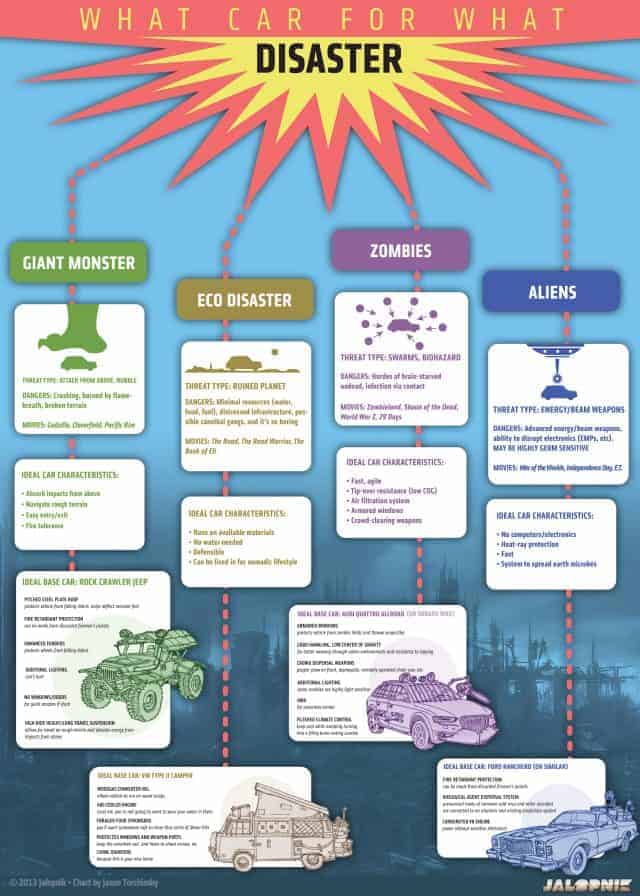Heat Pump Vs Furnace - Which Is The Better Home Heating Option For Your Home?
Heat Pump Vs Furnace - Which Is The Better Home Heating Option For Your Home?
Blog Article
Web Content Written By-Rosenthal Aldridge
Numerous homeowners are familiar with heating systems, which heat homes with oil or natural gas and push hot air via ductwork. They are reasonably economical and can offer reputable heating even throughout a winter months power interruption.
Nonetheless, navigate to this site utilize fossil fuels and generate carbon monoxide gas and various other air contamination. They likewise aren't as energy-efficient as a high-efficiency heatpump.
Cost
Typically, heatpump are much more affordable to operate than furnaces. They generally utilize power and cooling agent to essence warmth from outside air, and after that move it right into your home. You can benefit from more affordable electrical energy rates throughout off-peak hours to additionally reduce your heating costs.
Unlike heat pumps, gas or wood-burning furnaces make use of combustion to generate heat, emitting flue gases into the atmosphere that can be harmful to your health and wellness. These heaters are additionally much less energy-efficient than heatpump, and their greater operating costs can add up gradually.
Heaters are more complex than heat pumps and need regular maintenance to ensure the correct function of all components. Despite this, they often tend to last longer than heatpump with a common lifespan of twenty years or more. Nonetheless, you'll need to factor in the cost of gas, gas oil or timber and the additional devices required for installation and operation such as ducts and ventilation systems.
Power Efficiency
Heatpump have a greater power performance score than heating systems. These systems utilize electrical energy to scavenge heat from the air, even in freezing temperature levels. They can likewise eliminate excess warm from the home during warmer months and reuse it to cool down the system. copyright specialists can assist you determine the most effective version for your online on climate and resource energy costs.
Furnaces shed gas oil, gas, gas or various other types of fossil fuel to warm the air in the home. This air is then dispersed with ductwork utilizing a big fan. Heating systems produce greenhouse gases and require normal maintenance and devices upgrades to make certain risk-free operation.
The most significant advantage of a furnace is that it can be operated also in rough winter months conditions because it does not count on outside temperatures to heat the air. Furnaces also have a longer life expectancy than heatpump and generally last 15 years. They can additionally be coupled with double gas alternatives, which pick the most efficient heating option based upon the weather condition.
Environment
Heat pumps work well in modest climates and utilize less source power than furnaces. Nonetheless, if your region is incredibly cool, you might need to purchase a common gas heater rather.
Heaters offer warm, comfy heat and typically provide quick heating to raise indoor temperature levels. These systems can be made use of with a variety of gas kinds, including gas, gas, oil or electricity.
They take in more energy than heat pumps-- up to 3x as much-- and require ductwork that's expensive to mount or retrofit. They're additionally extra costly to keep, as they can cause air high quality concerns and produce greenhouse gas discharges.
If heat pumps wellington specials dedicated to minimizing your carbon impact, a heat pump is a great choice for your home. They have fewer greenhouse gas exhausts than heaters, especially if you select a power STAR ® heat pump. Your local Service provider expert can clarify the distinctions in between these two heater and assist you make the most effective decision for your one-of-a-kind needs.
Individual Preferences
Heaters can be extremely energy effective when powered by natural gas, lp or oil, but they aren't as energy efficient as heat pumps in freezing environments. They can likewise be a lot more expensive to install, calling for gas lines and ventilation systems.
Nonetheless, heating systems often tend to call for less upkeep, which can lead to lower continuous prices. They create less greenhouse gases and are much more trustworthy than heatpump during extreme weather condition.
Electric heatpump are extra versatile in creating indoor comfort because they can also serve as ac system during warmer months. They can be easier to preserve, calling for just normal air filter modifications and periodic vacuuming.
If you prefer the benefit of a solitary system that does it all, take into consideration a crossbreed home heating service that pairs a heater with an electrical heatpump. These systems can automatically switch over between the two heating alternatives based on your home's requirements and temperature conditions, optimizing efficiency and savings.